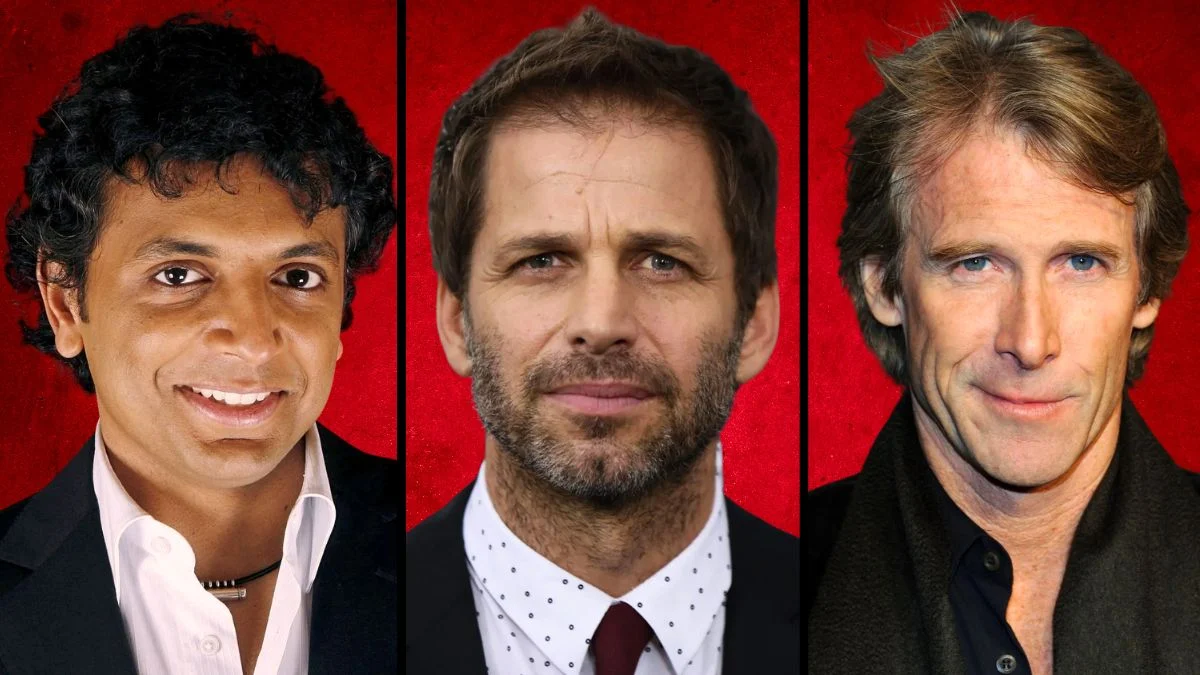
As a movie fan, I’ve always noticed a weird pattern in Hollywood. They tend to put certain directors on a pedestal simply because their films make a lot of money, not necessarily because they consistently make good films. You see a lot of these guys burst onto the scene with a huge hit, and then, over time, people start to notice they’re kind of repeating themselves, or the stories just aren’t as strong anymore. It always sparks a debate – do these directors deserve all the praise they get? There are a few names that consistently come up when people discuss directors who might be a little overhyped, and I’m about to dive into those.
Michael Bay
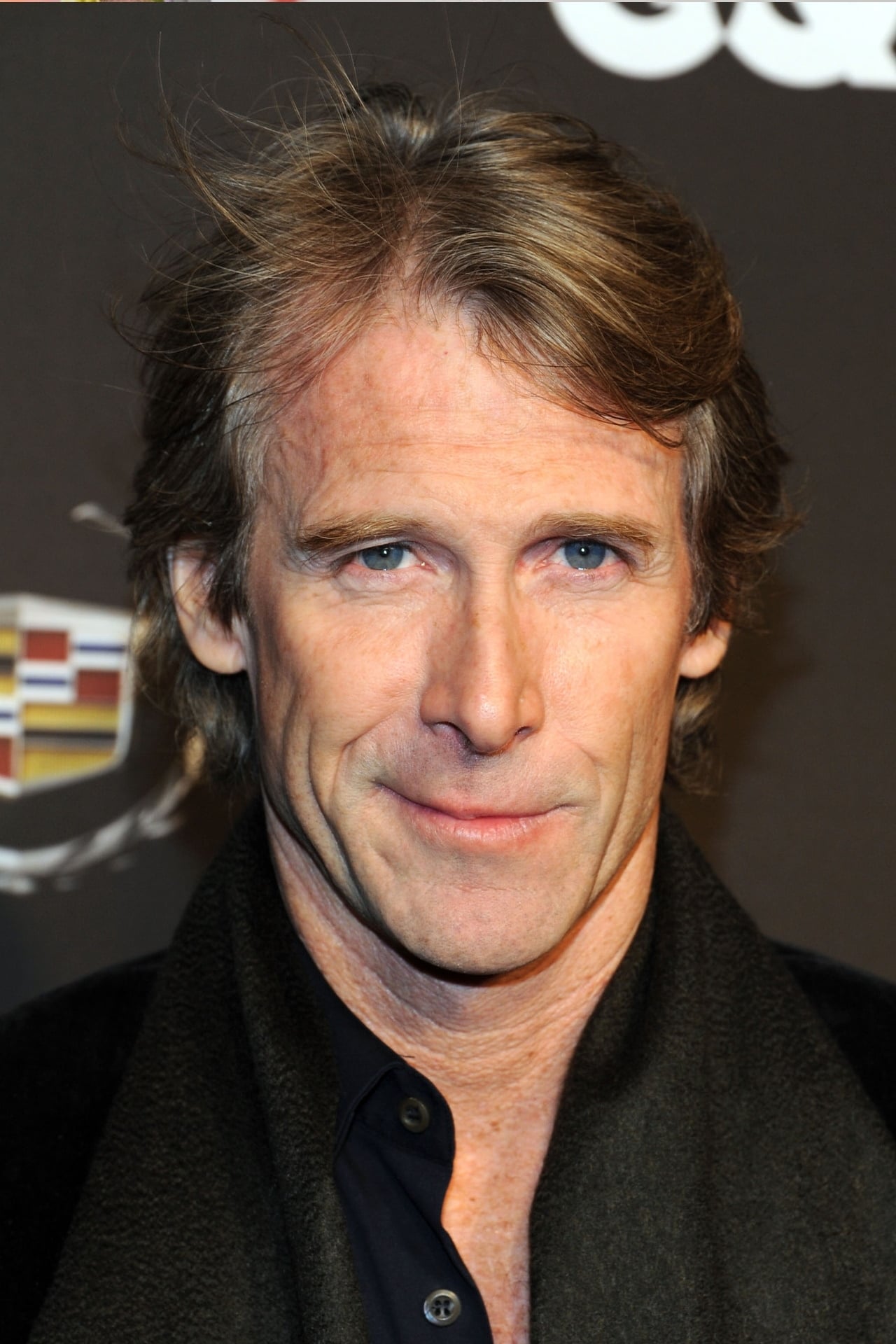
Michael Bay is known for fast-paced action and huge explosions, which often grab more attention than the stories in his films. Critics often note that he focuses so much on visual spectacle that his movies tend to have simple plots and characters that aren’t fully developed. The ‘Transformers’ series is a prime example of his preference for impressive effects over a strong, clear narrative. While he’s clearly successful at the box office, some film experts believe his impact on cinema is more about technical skill than artistic vision.
M. Night Shyamalan
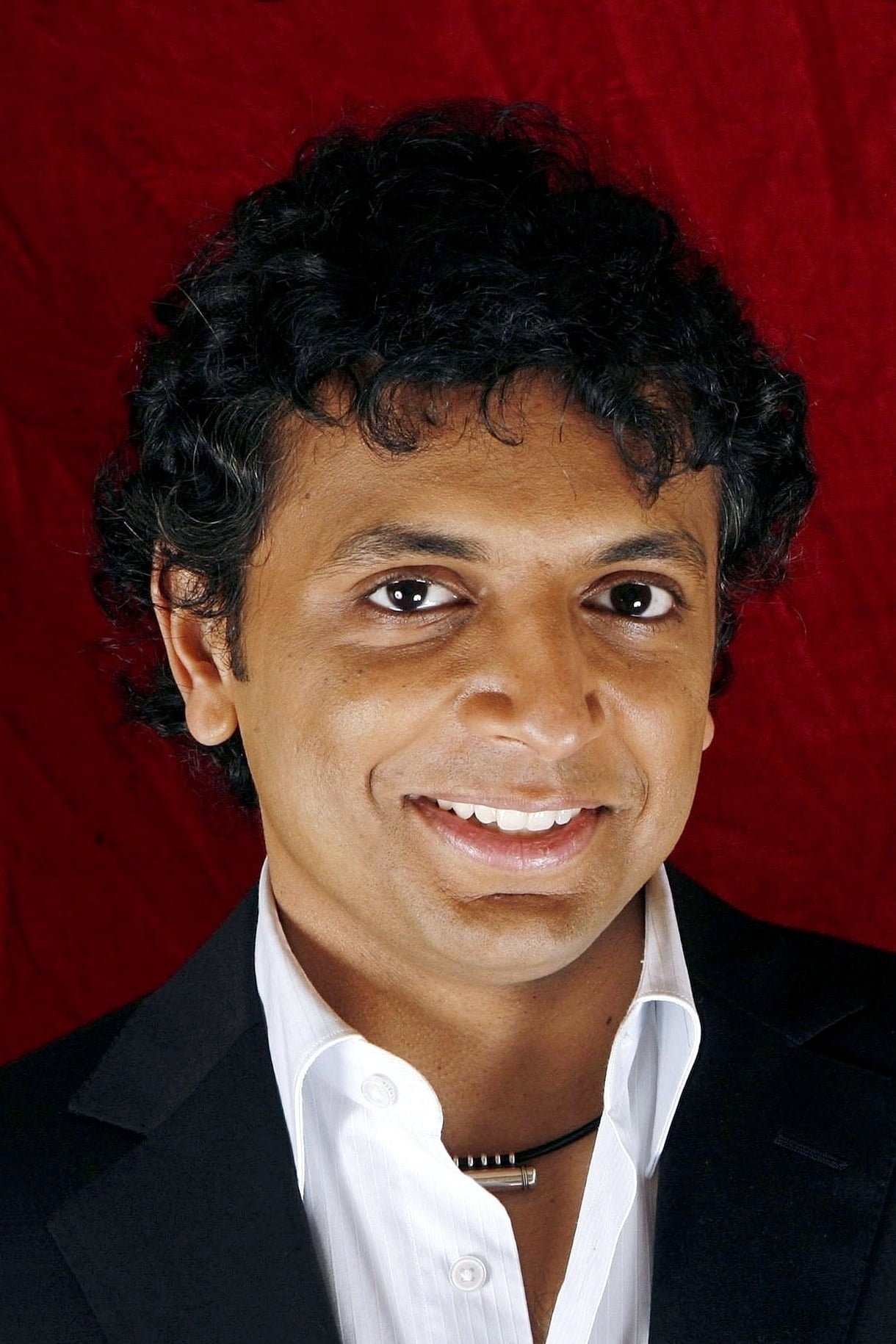
This director quickly gained recognition with his hit film ‘The Sixth Sense,’ becoming known for unexpected plot twists. However, he began using this technique so often that it became predictable, lessening the impact of his subsequent movies. Over the past twenty years, viewers have observed that the quality of his work has become uneven. Though he’s still a well-known thriller filmmaker, he hasn’t consistently matched the success of his first film.
Zack Snyder
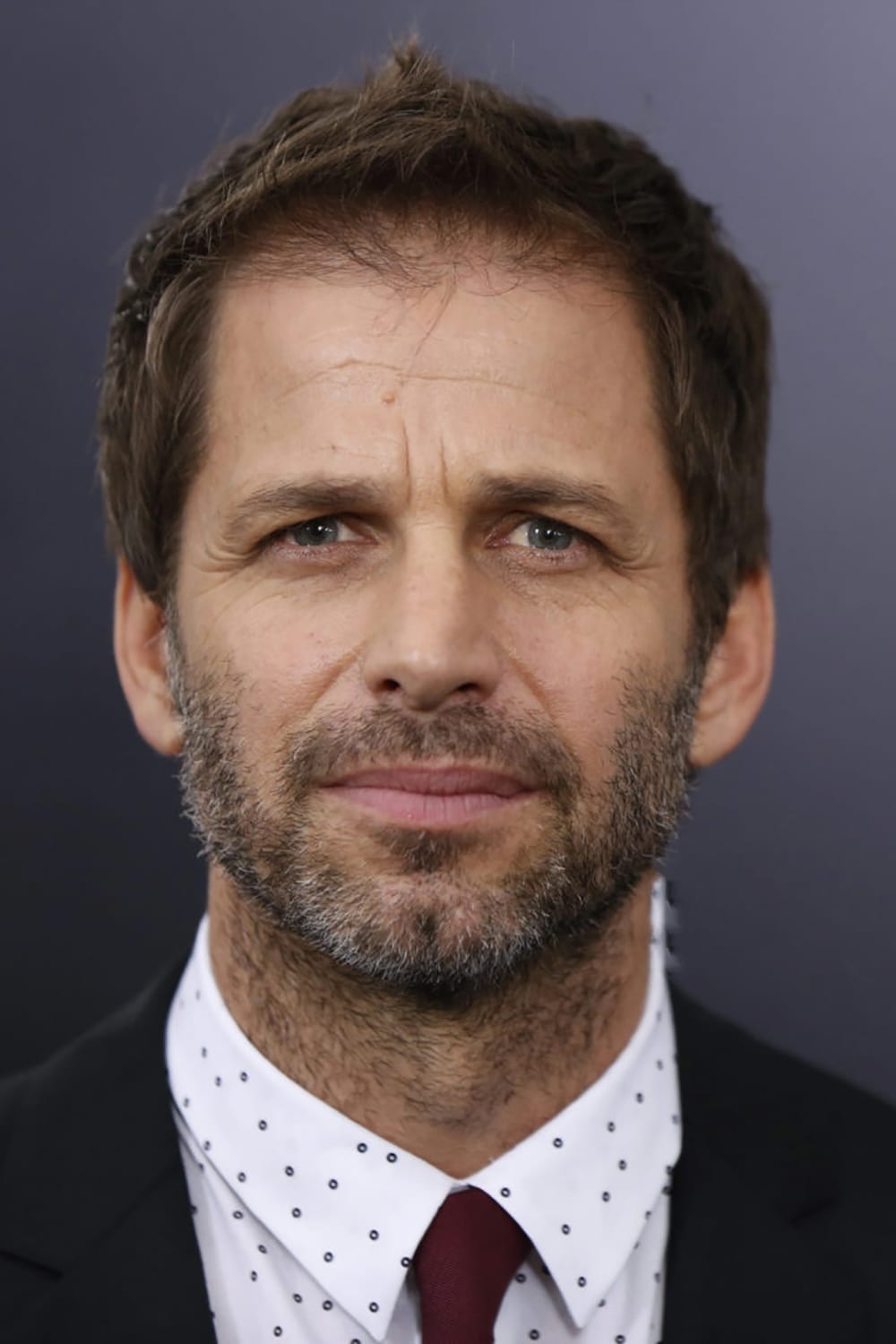
Zack Snyder is known for his visually striking films, often resembling dynamic comic book art. While his focus on visual style is impressive, some critics feel it sometimes comes at the expense of strong storytelling and a good pace. Films like ‘Batman v Superman: Dawn of Justice’ divided viewers with their dark mood and complicated plots. Despite criticism that his use of slow motion is excessive, Snyder has a dedicated following.
Tim Burton
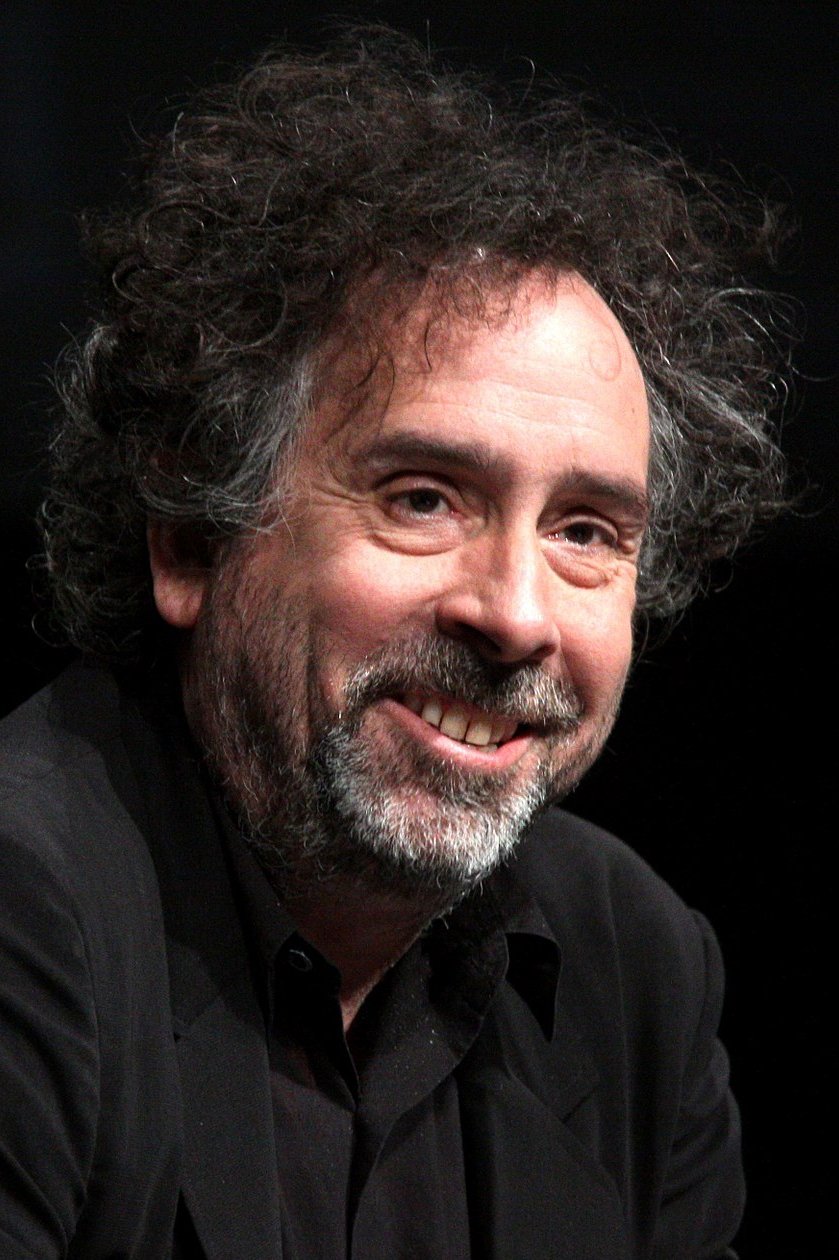
I’ve always loved Tim Burton’s movies – his style is just so unique and a little bit spooky! But lately, I’ve started to feel like his films aren’t as special as they used to be. It seems like he’s relying on the same tricks and working with the same actors over and over. While his visuals are still impressive, especially with things like the CGI in ‘Alice in Wonderland,’ it feels like something’s missing – the heart and genuine emotion that made his earlier films so captivating. It’s like his signature style has become a bit predictable, and the focus has shifted more towards big spectacle than storytelling.
J.J. Abrams
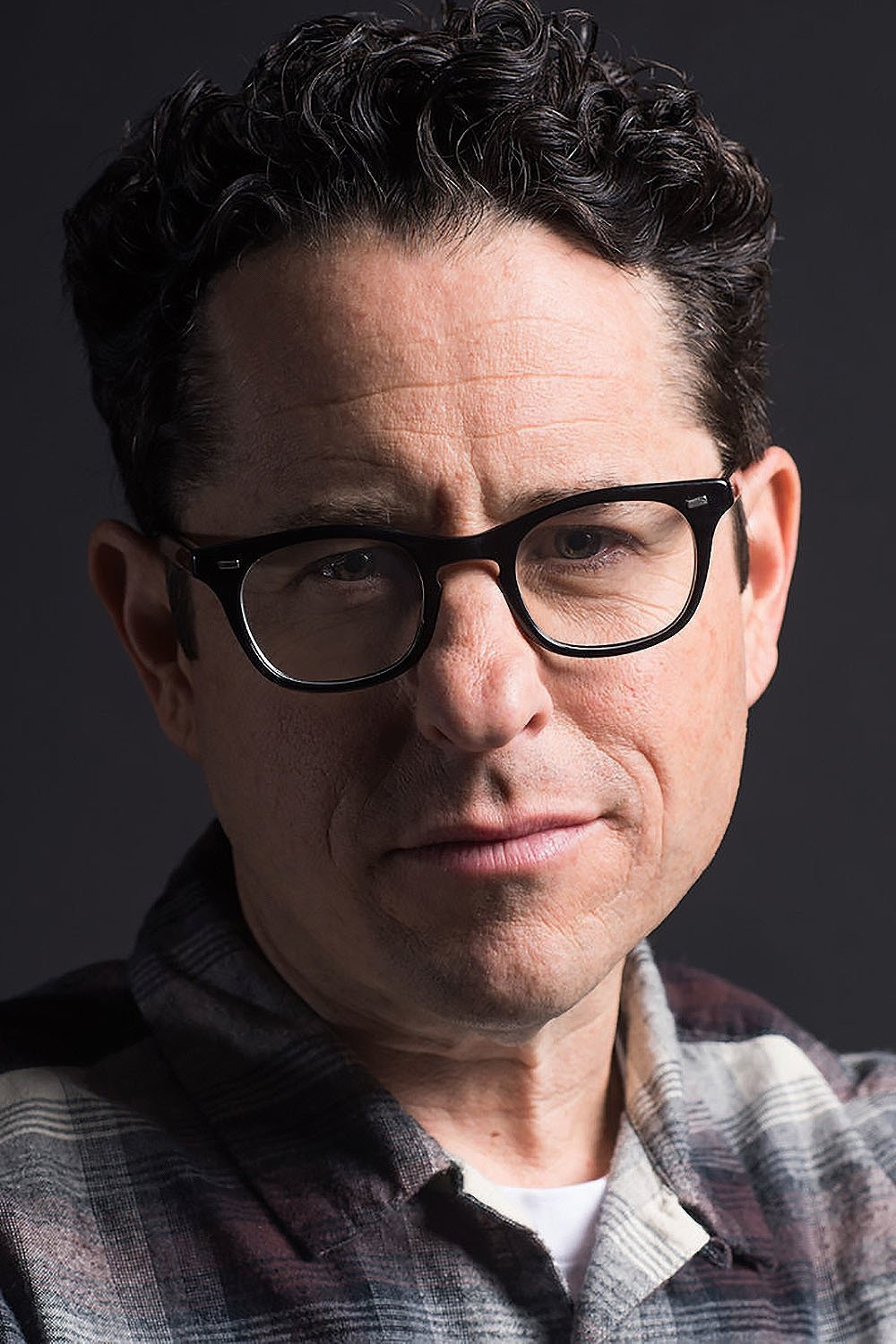
J.J. Abrams is famous for breathing new life into popular franchises with his energetic directing style and stories that build suspense through unanswered questions. However, some critics feel his movies depend too much on familiar elements and references to previous installments, rather than offering truly original ideas. His frequent use of visual effects like lens flares and quick cuts sometimes overshadows weaker storylines and unresolved plot points. For example, ‘Star Wars: The Rise of Skywalker’ was criticized for prioritizing safety and nostalgia over a strong, satisfying ending to the series.
Baz Luhrmann
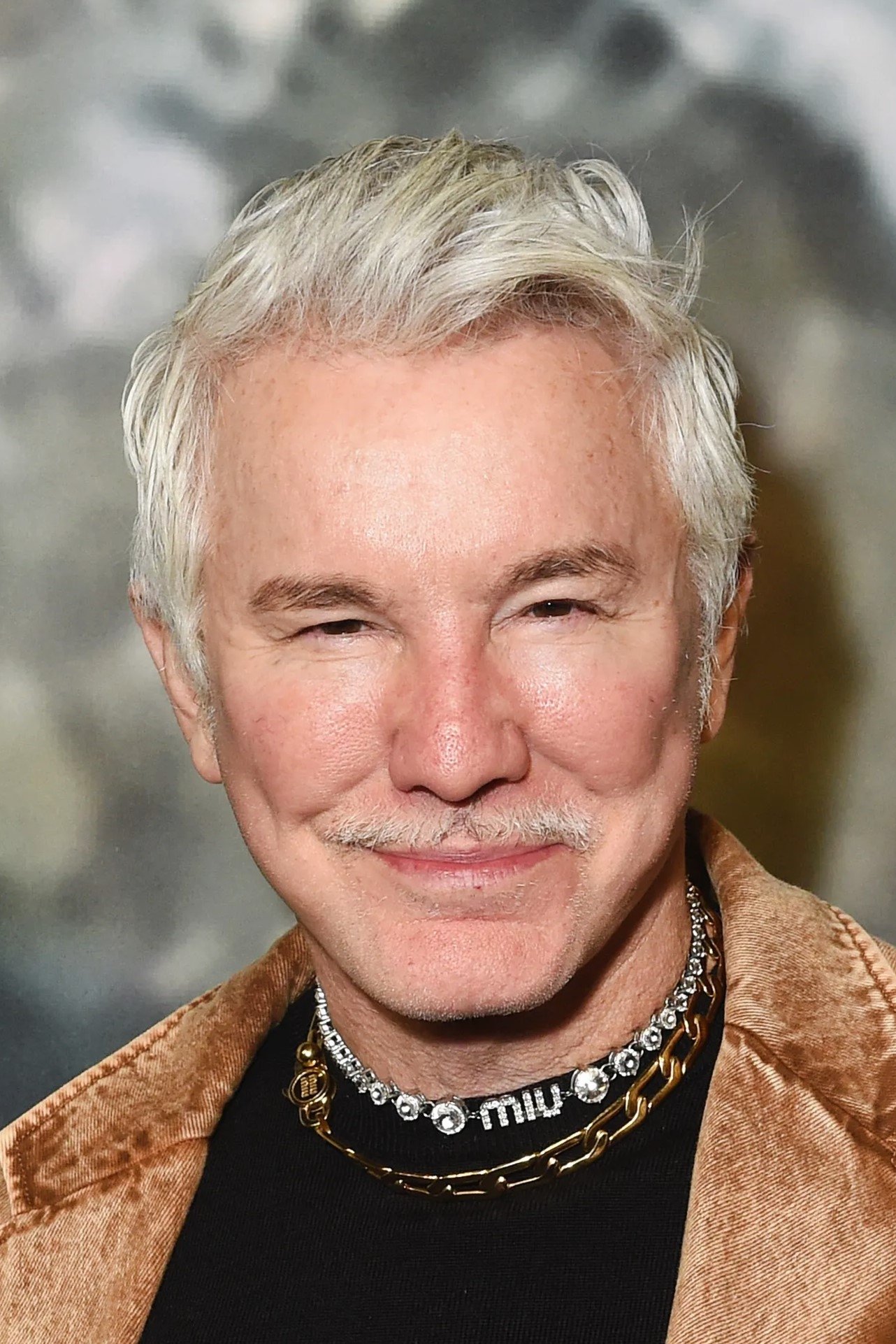
Baz Luhrmann’s films are known for their over-the-top visuals, fast-paced editing, and unexpected music choices. While visually stunning, this can sometimes overshadow the emotional core and character development in his stories. For example, his version of ‘The Great Gatsby’ focused more on grand scenes than the novel’s nuanced social commentary. Ultimately, his style creates a strong reaction – people either love the spectacle or feel it overshadows the actual story.
George Lucas
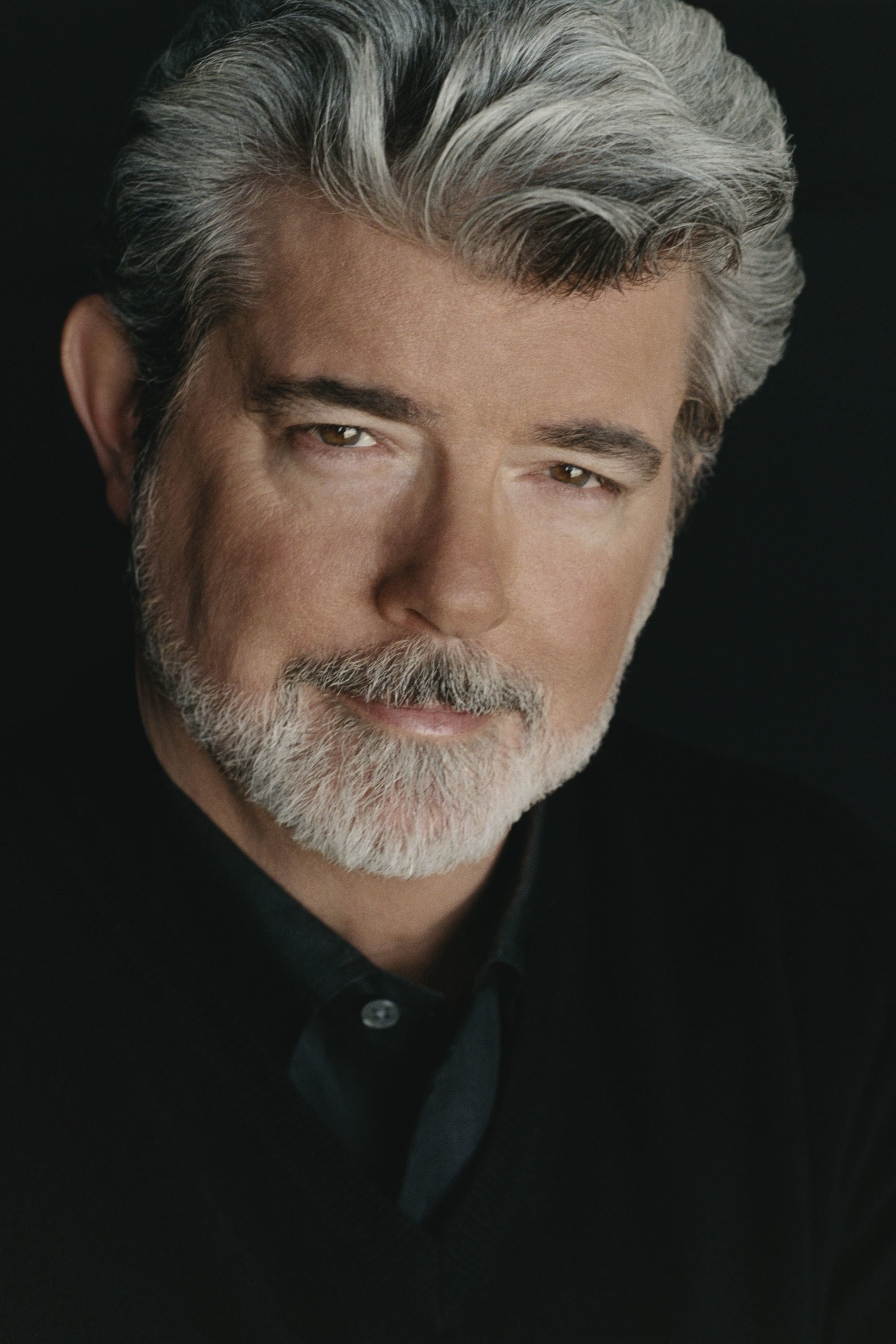
George Lucas is a pop culture icon, best known for creating the original ‘Star Wars’ films and revolutionizing special effects. While highly influential, the later prequel films were criticized for awkward dialogue and excessive use of computer-generated imagery. He’s often praised for his incredible imagination and world-building skills, but also noted for challenges in directing actors and crafting realistic conversations. The huge success of ‘Star Wars’ merchandise sometimes distracts from his difficulties with directing emotionally impactful scenes.
Roland Emmerich
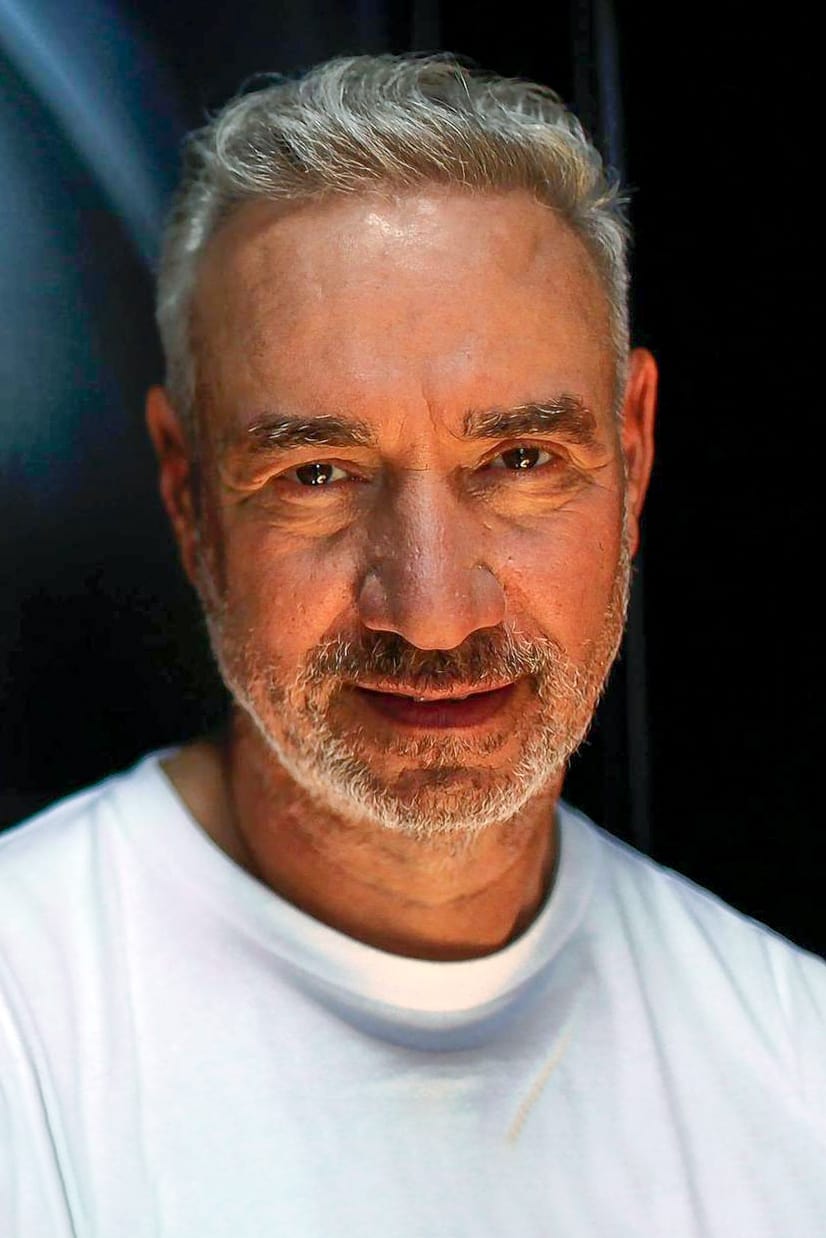
Roland Emmerich is famous for directing large-scale disaster movies, often featuring the destruction of famous buildings and locations. While his films are popular, they’re often criticized for relying on familiar tropes, predictable dialogue, and repeating ideas from his earlier work, like in ‘Independence Day: Resurgence’. Many critics see him as a director who prioritizes box office success over artistic depth, delivering spectacle but lacking substance.
Guy Ritchie
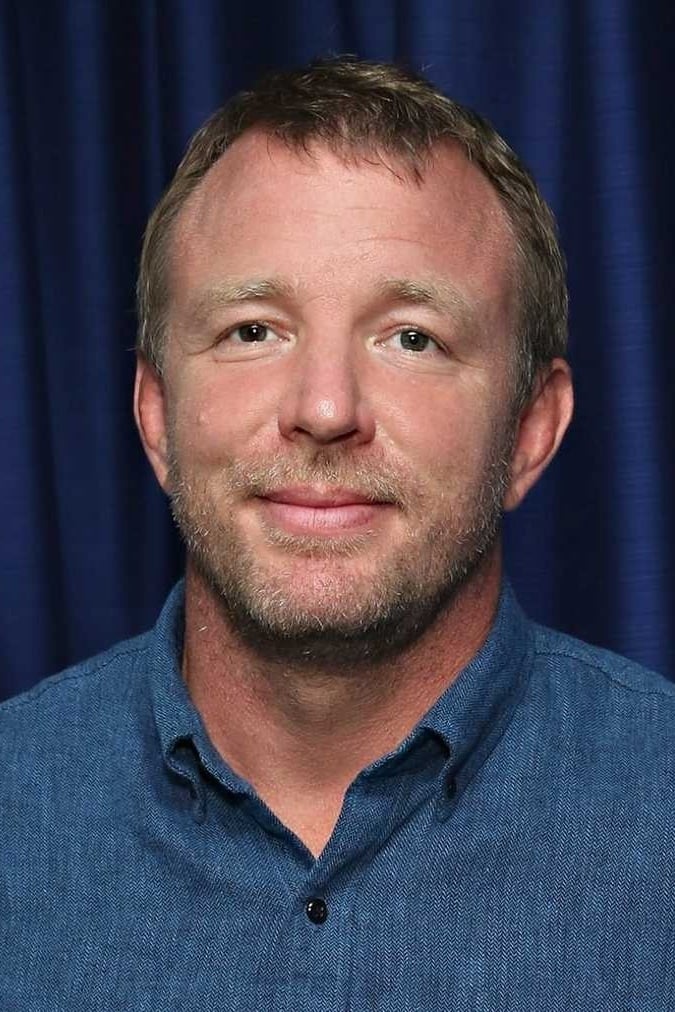
Guy Ritchie first became known for his energetic British gangster movies, characterized by fast-paced dialogue and unconventional editing. However, when he moved to making large-scale studio films, his unique style sometimes felt unnatural or didn’t quite fit. The poor reception of ‘King Arthur: Legend of the Sword’ highlighted that his dynamic editing techniques didn’t always work with typical blockbuster storytelling. Critics often point out that he tends to rely on similar tough-guy themes and visual tricks, even when working in different genres.
James Cameron
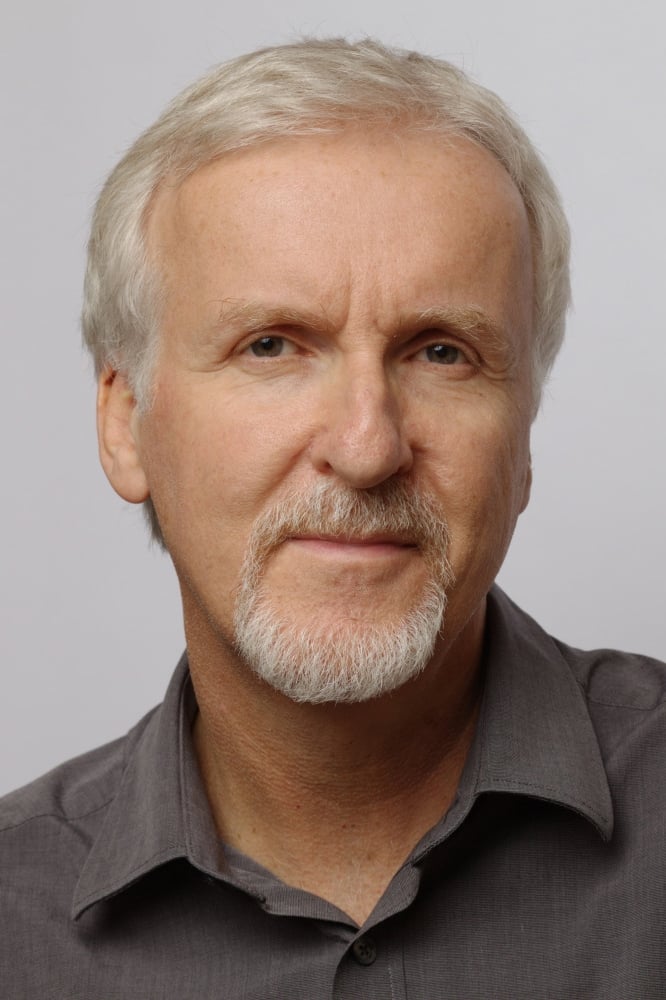
As a huge movie fan, I have to admit James Cameron is a force to be reckoned with – ‘Titanic’ and ‘Avatar’ are massive hits for a reason! Everyone agrees he’s a technical wizard, but honestly, I sometimes find his stories a little…familiar. And the dialogue? It can feel a bit awkward. While his films are visually stunning, the actual stories often feel pretty straightforward, relying on classic character types rather than really digging into complex people. But hey, those huge box office numbers mean he can pretty much do whatever he wants, even if critics sometimes knock his simple approach to storytelling.
Ron Howard
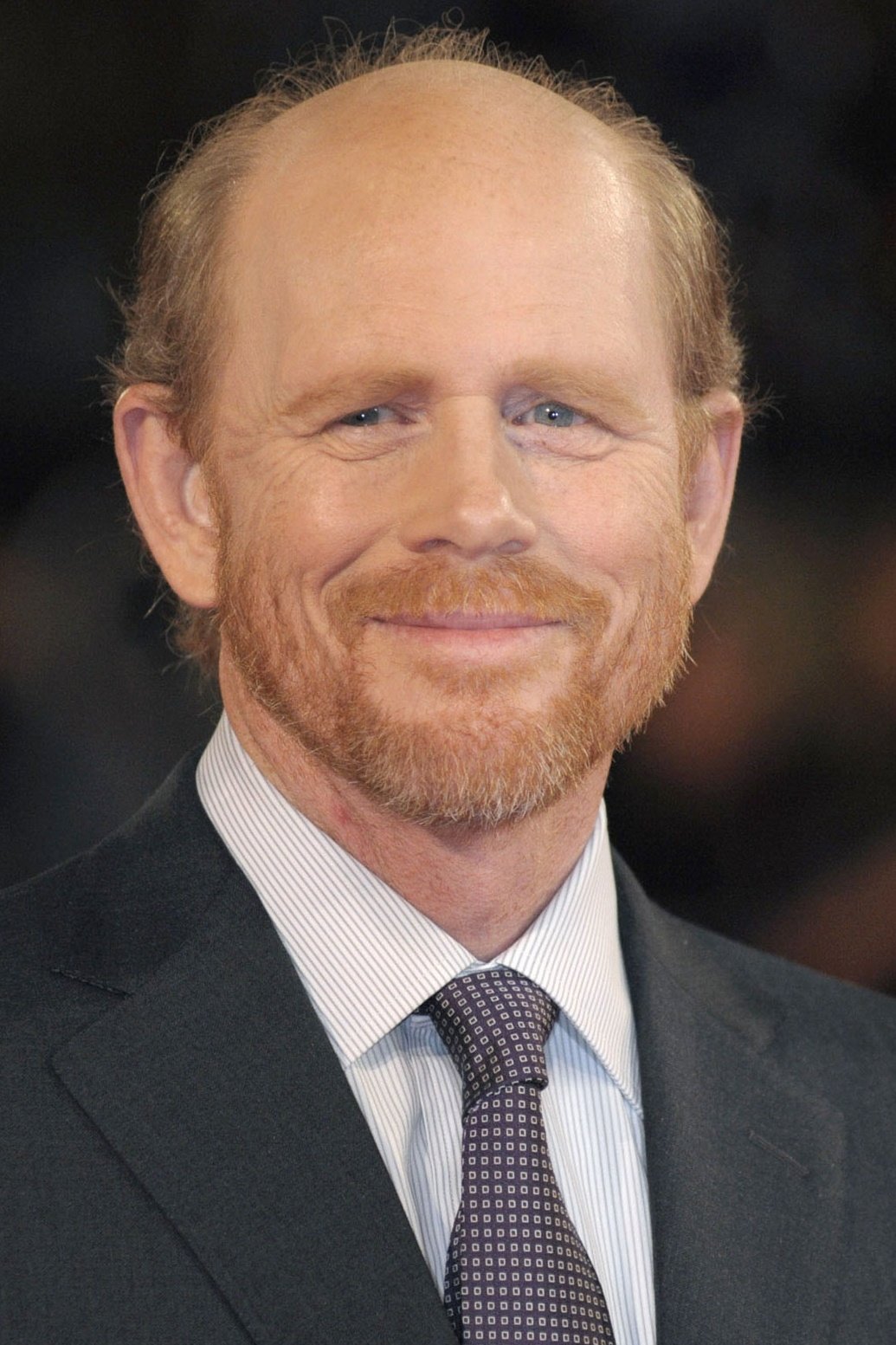
Ron Howard is widely seen as a skilled and reliable director, but not necessarily a groundbreaking or original one. He’s worked in many different genres, but his films generally don’t take big risks or try anything truly new. While he’s won awards, including an Oscar, critics often describe his work as being carefully made to please audiences and award committees rather than to be truly innovative. He consistently creates well-made films, but they rarely have a significant or lasting impact on popular culture.
Robert Zemeckis
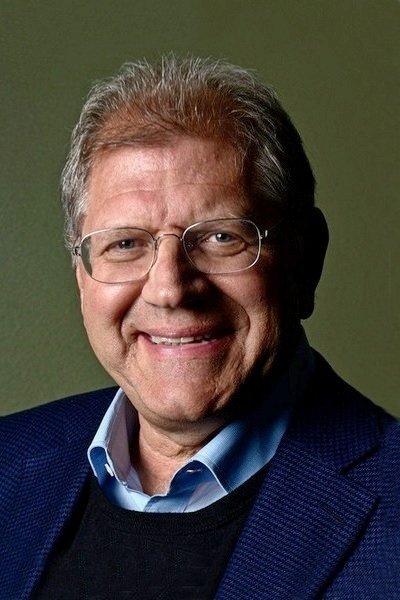
Robert Zemeckis, known for directing favorites like ‘Back to the Future,’ later became very focused on motion-capture technology. While films like ‘The Polar Express’ showcased impressive digital effects, many viewers found the characters strangely cold and unconvincing. This drive for technological advancement sometimes overshadowed the heart and relatable characters that made his earlier films so popular. Some critics believe he sacrificed strong storytelling for the sake of computer-generated visuals.
Ridley Scott
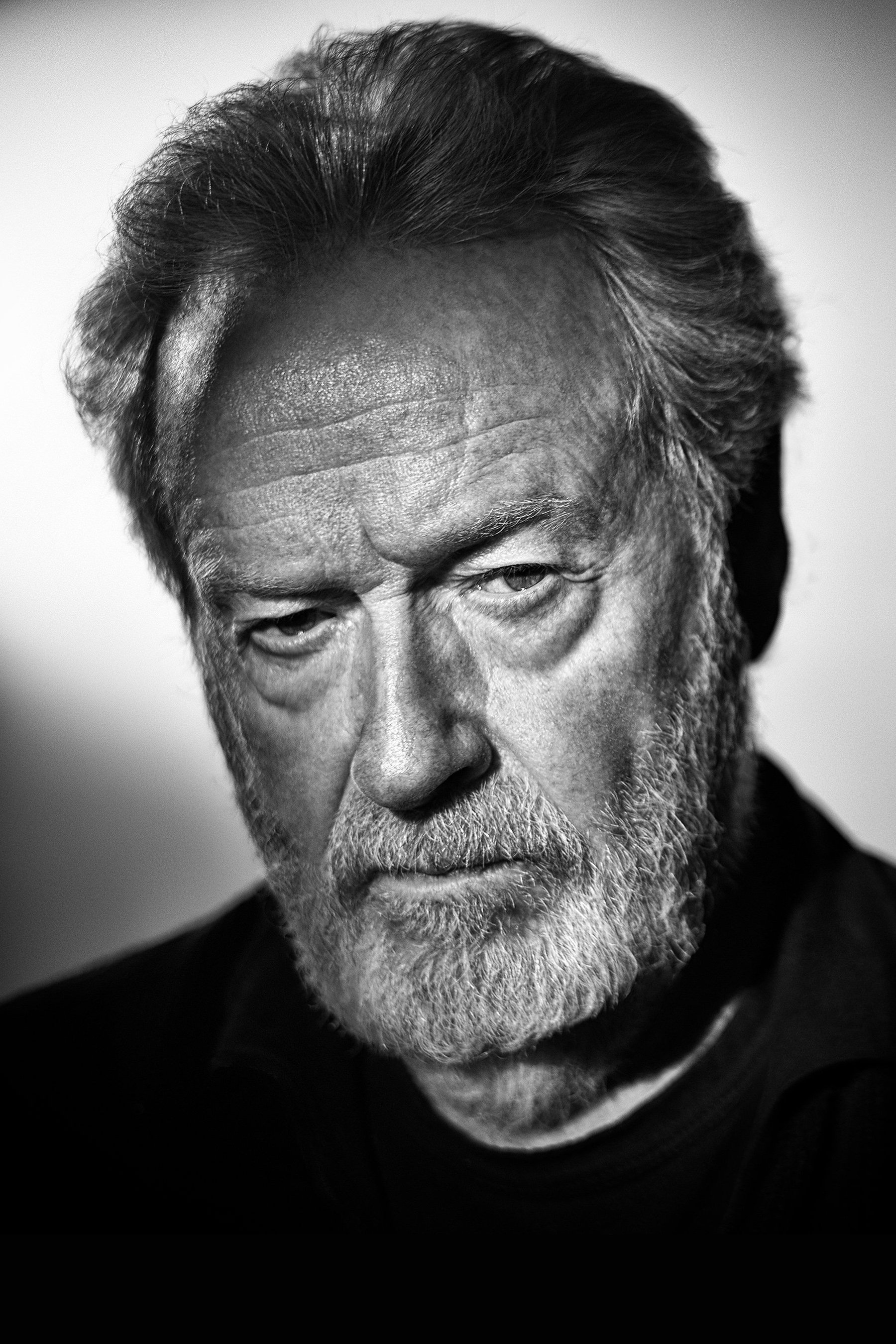
Ridley Scott is known for two incredibly important science fiction films, ‘Alien’ and ‘Blade Runner’. However, his work since then has been uneven, with many films failing to impress critics. Recent movies like ‘Prometheus’ have been criticized for having confusing storylines and characters who don’t always act in believable ways. He makes a lot of films, and sometimes this focus on quantity seems to come at the expense of quality, lessening his reputation as a truly original filmmaker.
Oliver Stone
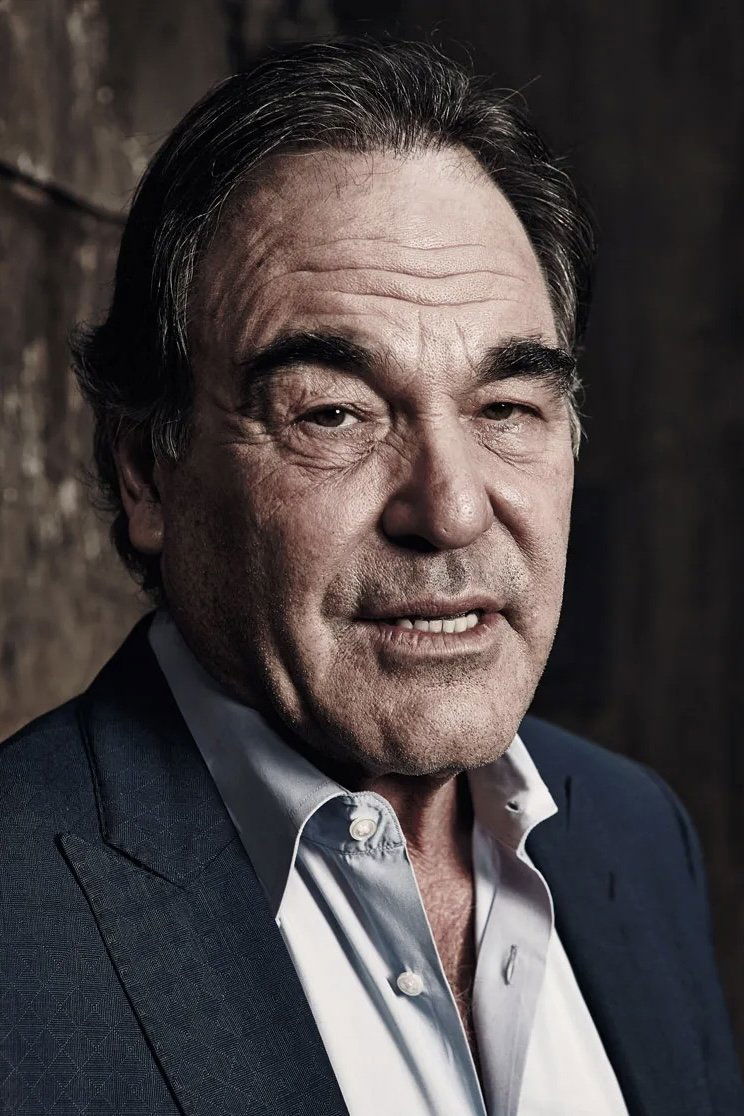
Oliver Stone was once known for his bold and thought-provoking political films, such as ‘Platoon’ and ‘JFK’. However, his more recent movies have been criticized for being overly preachy and lacking nuance. He often seems more interested in pushing his own controversial theories than in telling a well-structured story. Many viewers and critics feel his later work is less insightful and relies too heavily on conspiracy theories compared to his earlier, highly praised films.
Woody Allen
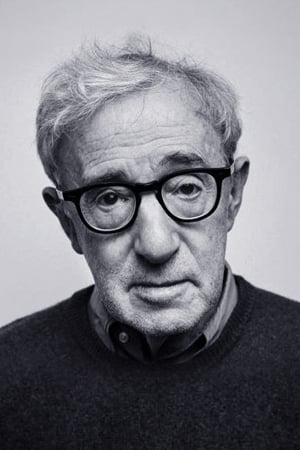
Woody Allen was once celebrated as a brilliant comedic filmmaker, known for his anxious, thoughtful characters and clever writing. However, his more recent movies haven’t been as well-received. Critics say they feel repetitive and don’t connect with audiences the way his earlier work did. The dialogue often seems like rehashes of his best films, and the storylines don’t offer much that’s new or insightful. Because he released a film almost every year, the overall quality of his work appears to have suffered.
Spread the word about this article on your social media and let’s discuss which Hollywood directors truly earn their reputation as top filmmakers.
Read More
- 39th Developer Notes: 2.5th Anniversary Update
- Gold Rate Forecast
- TON PREDICTION. TON cryptocurrency
- Bitcoin’s Bizarre Ballet: Hyper’s $20M Gamble & Why Your Grandma Will Buy BTC (Spoiler: She Won’t)
- The 10 Most Beautiful Women in the World for 2026, According to the Golden Ratio
- Celebs Who Fake Apologies After Getting Caught in Lies
- The 35 Most Underrated Actresses Today, Ranked
- Nikki Glaser Explains Why She Cut ICE, Trump, and Brad Pitt Jokes From the Golden Globes
- AIQ: A Calculated Gamble (That Paid Off)
- Chips & Shadows: A Chronicle of Progress
2025-11-21 02:46